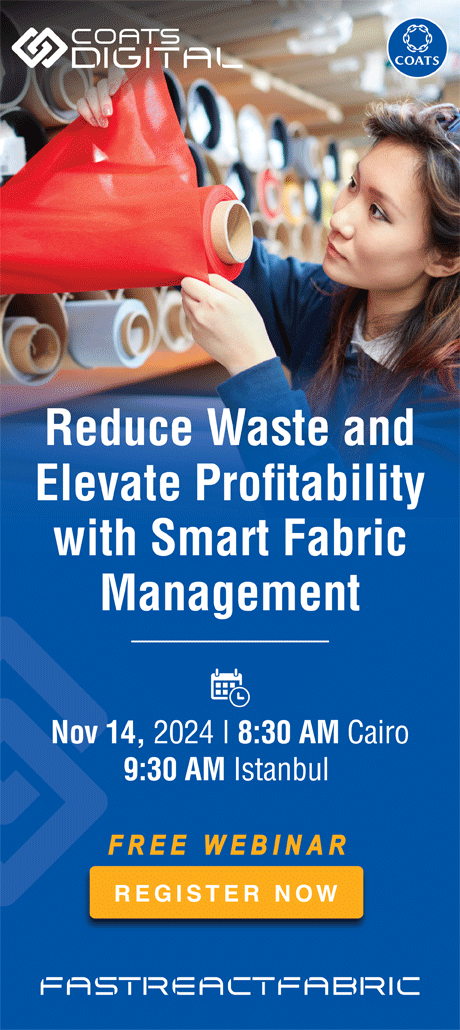In June, Turkey‘s Domestic Producer Price Index (D-PPI) Soars significant increases, reflecting substantial inflationary pressures across various sectors. The D-PPI rose by 50.09% on an annual basis and by 1.38% month-over-month. Compared to December 2023, the index increased by 19.49%, and by 47.97% based on the twelve-month moving averages.
Textile and Apparel Sectors
The textile and apparel sectors experienced notable surges. The D-PPI for textiles climbed by 44.63% year-over-year and by 0.87% month-over-month in June. Meanwhile, the apparel sector saw an even more dramatic increase, with the D-PPI up by 70.89% year-over-year and by 2.66% month-over-month.
Manufacturing Sector
The manufacturing sector’s D-PPI rose by 52.80% annually and by 1.18% on a monthly basis. These figures underscore the broader inflationary trends affecting the sector and the economy as a whole.
Other Sectors
The annual rates of change for D-PPI in various sectors were as follows:
- Intermediate Goods: 46.89%
- Durable Consumer Goods: 63.36%
- Non-Durable Consumer Goods: 64.13%
- Energy: 30.41%
- Capital Goods: 53.68%
On a monthly basis, the indices increased as follows:
- Intermediate Goods: 0.71%
- Durable Consumer Goods: 1.57%
- Non-Durable Consumer Goods: 1.95%
- Energy: 2.22%
- Capital Goods: 1.53%
These figures highlight the broad-based inflation affecting different segments of the Turkish economy, with energy and consumer goods particularly impacted.
Implications
The significant rise in D-PPI across these sectors indicates mounting cost pressures for producers, which may lead to higher consumer prices in the coming months. This trend is particularly pronounced in the apparel sector, suggesting that consumers could see substantial price increases for clothing and related products.
As Turkey navigates these inflationary challenges, businesses and consumers alike will need to adapt to the evolving economic landscape. The government and policymakers may also need to consider measures to mitigate the impact of these rising costs on the economy.


















